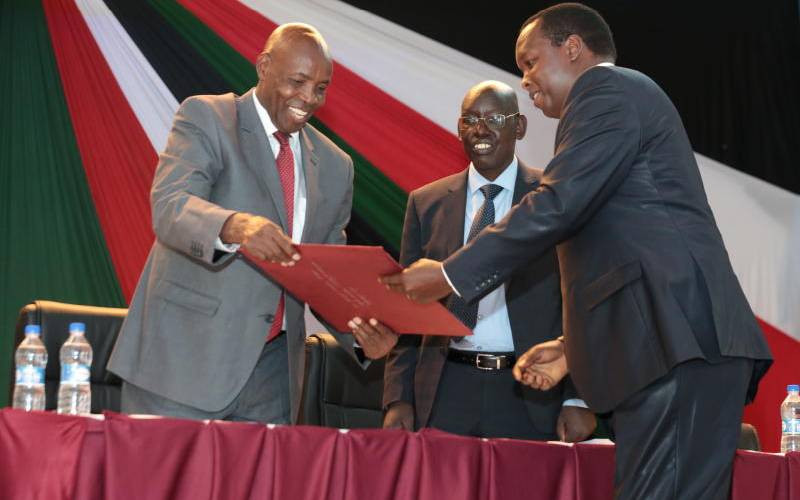×
The Standard e-Paper
Join Thousands Daily

Kabianga High School, Nanyuki, Pangani Girls and Kapsabet Boys emerged as the most sought-after secondary schools by the 2023 KCPE candidates, further asserting their dominance as the most preferred schools in recent years.
This even as the placement exercise dashed dreams of millions of learners who sought places in national schools as these institutions admitted only 42,927 in this year's placement cycle.